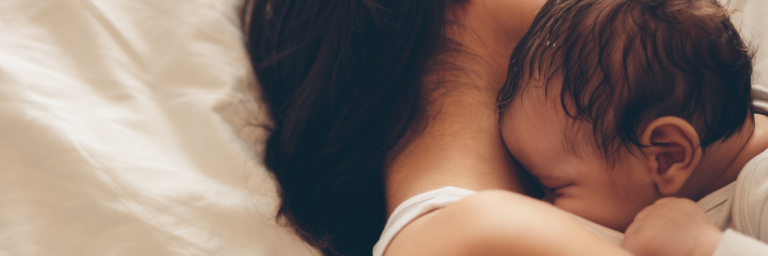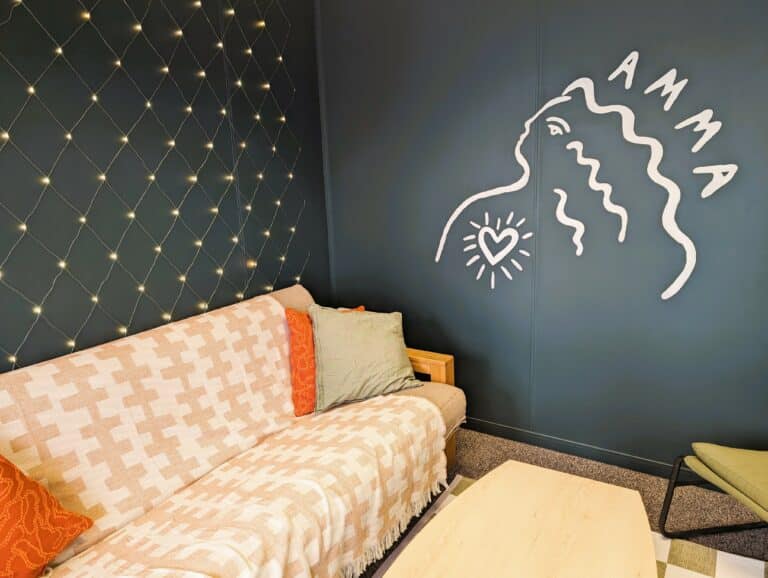
New Amma report calls for improved maternity care for asylum-seeking and refugee women
A study conducted by Amma Birth Companions has found instances of discrimination, high rates of intervention, and issues with interpretation and communication that contribute to disparities in perinatal care for women seeking asylum, refugees, and those with varied immigration statuses.


